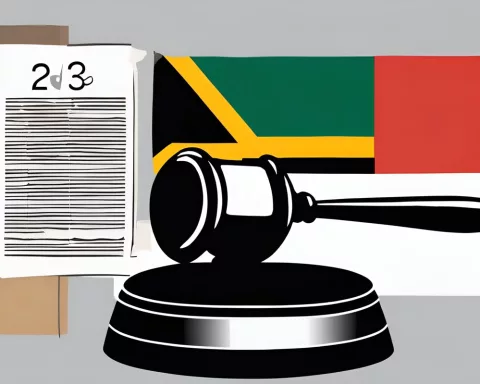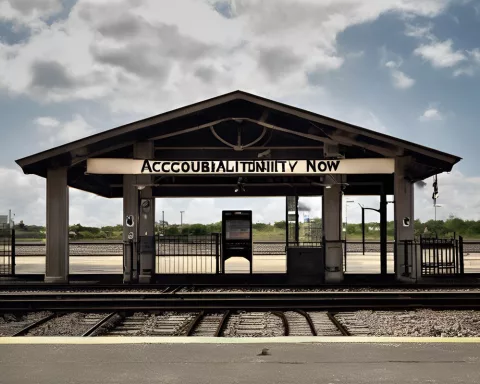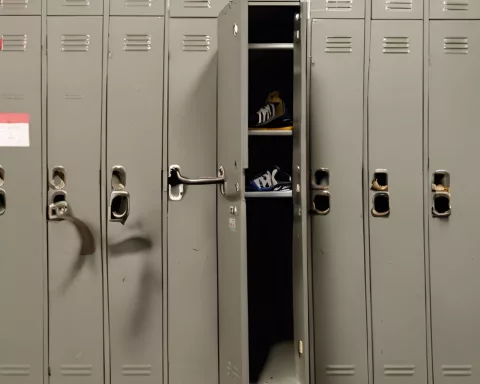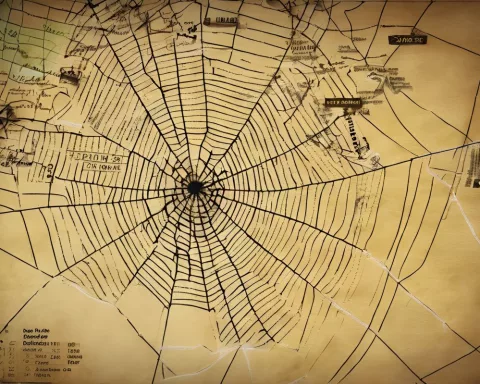A recent case of fraud and corruption has been uncovered in the Free State, South Africa, where a pastor and his partner managed to swindle nearly R2 million from the Agriculture Sector Education and Training Authority (AgriSeta). This article will examine the details of the scheme, the key players involved, and the consequences they faced for their actions.
The Fraudulent Activity
The fraudulent activity occurred between 2016 and 2019, with Lerato Raphael Mokoteli and Anthony Dywili at the center of the scheme. They presented themselves as representatives of a non-existent company, “Business against Crime,” which they claimed was in partnership with AgriSeta-accredited company Dipalemo Training Strategic Services. Their objective was to secure R1.9 million in funding for training and mentoring in food garden operations in Kimberley.
The Accomplice
The success of the scheme relied on the cooperation of an accomplice within AgriSeta, CEO Jeremia Sello Madiba. Madiba disregarded proper tender processes and facilitated the fraudulent claim. Dipalemo Training Strategic Services was unaware that their name was being used in the application, and they never received any money from AgriSeta.
The Distribution of Funds
The funds acquired through this illicit scheme were distributed among the fraudsters. Mokoteli and Dywili received the majority of the money, while the remaining R320,000 went to a charity chaired by Dywili. The charity’s bank account had suspiciously been opened only a month prior.
Consequences
The Special Investigating Unit (SIU) launched an investigation into the activities of the pastor, his partner, and the CEO of AgriSeta. All three were charged with multiple counts of fraud and money laundering. Madiba is scheduled to appear in court in August, facing the consequences of his actions as the head of AgriSeta.
Mokoteli chose to enter a guilty plea agreement with the State. He admitted guilt to two counts of fraud and two counts of money laundering. In light of his cooperation, Mokoteli received a somewhat lenient sentence: 10 years for fraud and five years for two counts of money laundering, both suspended for five years.
Lessons Learned
This case highlights the importance of vigilance and transparency in public institutions, and the need for robust checks and balances in government agencies. The actions of these individuals cost the government millions of Rand, as well as depriving deserving individuals and organizations of much-needed resources for education and training in the agricultural sector.
While the recovery of the stolen funds is a victory for the SIU and the South African government, the incident is a stark reminder of the ongoing battle against corruption in the country. The audacity of Mokoteli, Dywili, and Madiba emphasizes the crucial role of investigative units like the SIU in uncovering and prosecuting fraudulent activities.












